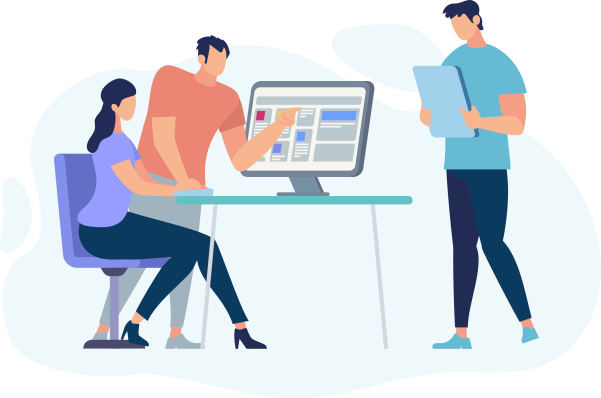Growth of Low-Code/No-Code Development
Enhanced Platform Capabilities
By 2024, low-code and no-code platforms, such as Bubble and Adalo, advanced significantly in functionality. These platforms introduced features that allowed users to design and deploy more sophisticated applications with minimal or no programming expertise. They supported complex workflows, integrations with third-party services, and advanced customization, empowering users to tackle projects that previously required traditional coding.
Broader Accessibility
The usability of these platforms improved, making them more approachable for non-technical users, such as business professionals and entrepreneurs. Simplified interfaces, intuitive drag-and-drop tools, and extensive libraries of templates enabled a diverse group of users to create web and mobile apps. This accessibility helped bridge the gap between technical and non-technical roles, fostering innovation and enabling more people to bring their ideas to life without relying on professional developers.
These advancements contributed to the growing popularity of low-code and no-code development, driving digital transformation across industries







